Wingender Lab. on Mucosal Immunology
OVERVIEW
At the mucosal surfaces of the airways, intestine, and urogenital tract, the separation of our body from the environment is at times only one cell wide. These surfaces are colonized by a diverse mixture of microbial organisms, which under normal conditions, evolved to be beneficial. However, the mucosal surfaces are also a common entry point for pathogens and toxins. Therefore, the mucosal immune system has to fulfill two often-conflicting functions: to protect the host from harmful invaders, like pathogen; and support the function of the mucosa and to ensure the peaceful cooperation with the commensal microbiota. When this balance is disturbed, diseases are usually the consequence.
RESEARCH INTERESTS
Our laboratory wants to better understand how the various immune cells in and around the mucosa cooperate to maintain its function and health. A particular focus is placed on innate-like T cells, iNKT and MAIT cells, which are innate memory T cells with several unique features (Wingender & Kronenberg 2020, Hapil & Wingender 2018). In our translational approach, we combine work with clinical samples, advanced in vitro models, and in vivo mouse models, to develop novel diagnostic and therapeutic applications.
MAIN RESEARCH AREAS
1) The role of innate-like T cells in asthma and COPD: iNKT cells play a potent, but surprisingly dichotomous role in lung inflammation. During infections, their Th1-response is protective, whereas during allergic responses, their Th2-response is deleterious. We previously demonstrated the role of iNKT and MAIT cells in allergic asthma (Chandra et al. 2018, Wingender et al. 2011). We currently study three distinct forms of airway inflammation, (i) eosinophilic and (ii) neutrophilic asthma, as well as (iii) COPD (chronic obstructive pulmonary disease), to understand how iNKT and MAIT cell responses in the lung are regulated.
2) Impact of the intestinal microbiota on the adipose tissue: We previously showed that iNKT cells are impacted by the intestinal microbiota (Wingender et al. 2012, Wingender 2016) and that antigenic challenge of iNKT cells leads to long-lasting changes in the adipose tissue (Sag et al. 2014). We currently investigate how the adipose tissue is affected by translocation of intestinal bacteria into the peritoneum.
Other ongoing projects
· Death receptors: We investigate the role of TRAIL and DR4/DR5 interaction for the anti-tumor response of iNKT cells, in particular in the context of MM (multiple myeloma) and AML (acute myelogenous leukemia) (Sag et al. 2019).
· iNKT cell subsets: Similar to conventional CD4+ T cells, iNKT cells can be divided into several functional subsets. We previously discovered a novel subset of iNKT cells with potent regulatory functions, called NKT10 cells due to their production of IL-10 (Sag et al. 2014, Wingender et al. 2015a, 2015b). We are studying the in vivo regulation of these NKT10 cells in more detail and utilize preclinical studies to explore their therapeutic potential. Furthermore, ongoing projects investigate development and function of NKT2 and NKTFH cells.
· Rare diseases: IBG recently was awarded an ERA Chair project to establish itself as a Center of Excellence for Rare Disease research. In the context of this project, we currently launching a new line of research, focusing on rare diseases of the airways and of the immune system.
For more information
.... please visit www.wingenderlab.org or get in contact with us directly (gerhard.wingender@ibg.edu.tr).
Group Members

Wingender Lab. on Mucosal Immunology
Research Group Leader
Gerhard WINGENDER
gerhard.wingender@ibg.edu.tr
+90 232 299 41 00
(5191)
+9
0 (232) 299 41 69
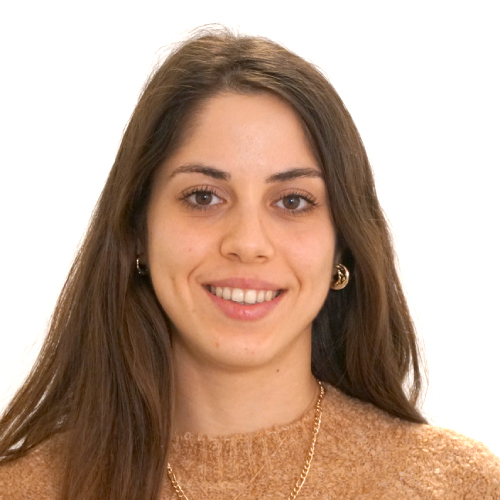
Yonca ÜNLÜER
Researcher
yonca.erdal@ibg.edu.tr

Yavuz MERCAN
PhD Student
yavuz.mercan@ibg.edu.tr
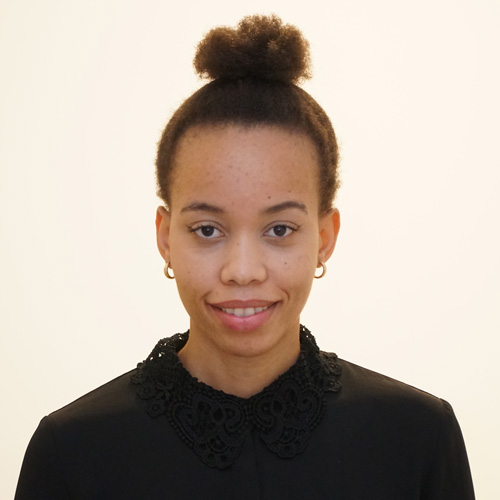
PUMLA BHEKIWE MANYATSI
PhD Student
pumlabhekiwe.manyatsi@ibg.edu.tr
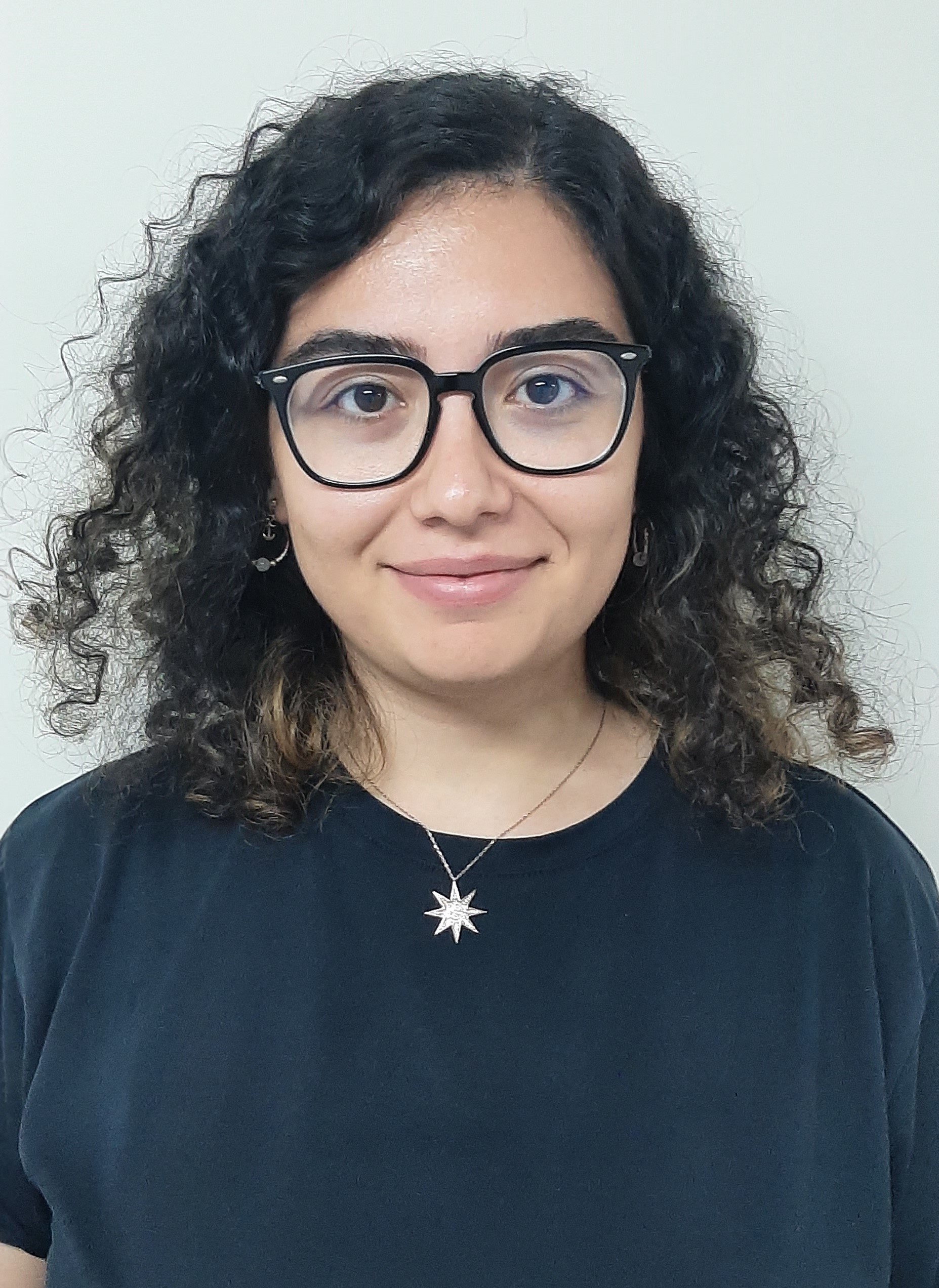
Saliha Büşra KURT
PhD Student
saliha.kurt@ibg.edu.tr
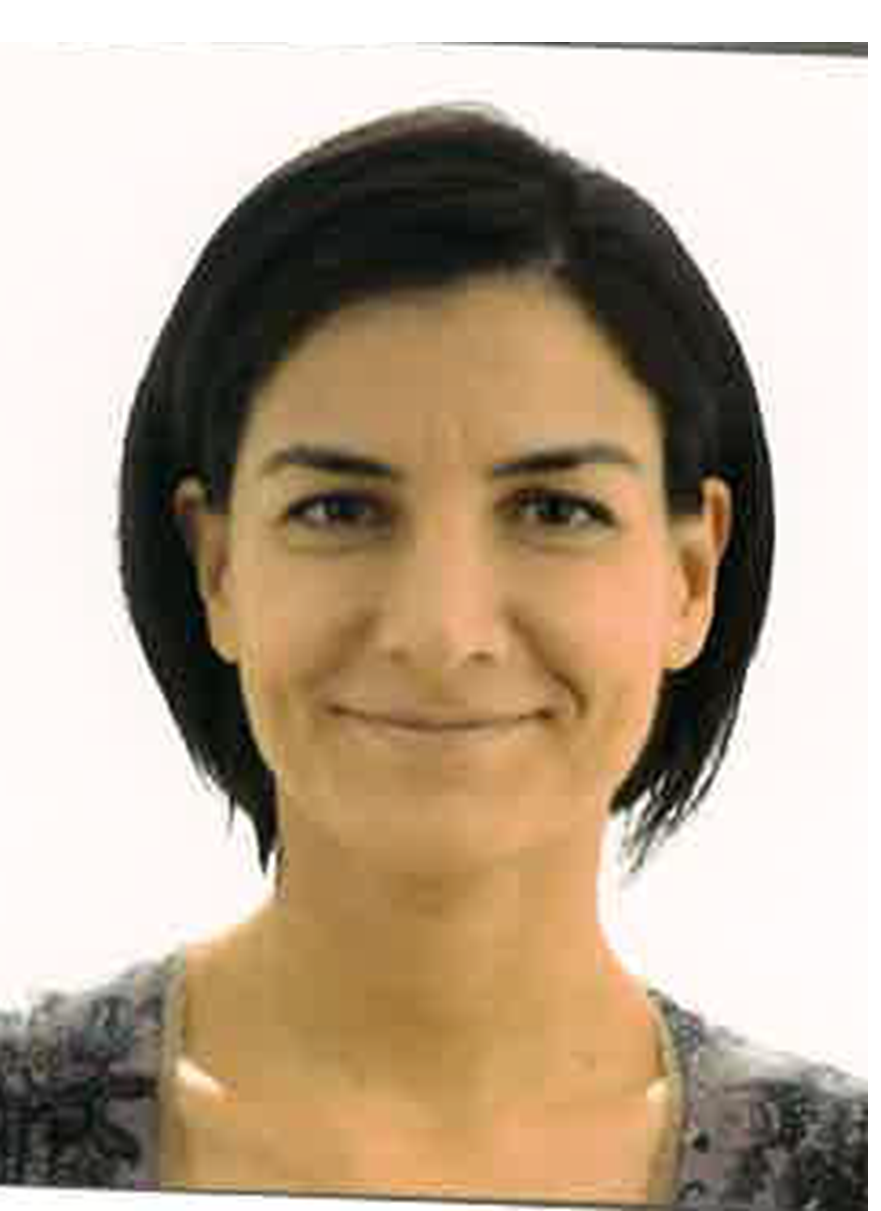
Zeynep Özge AYYILDIZ
Researcher
zeynep.ayyildiz@ibg.edu.tr
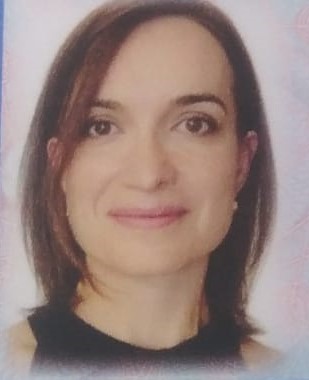
Ana Luiza ONGARO SEİDİNGER
Post-Doc Researcher
luiza.ongaro@std.ibg.edu.tr
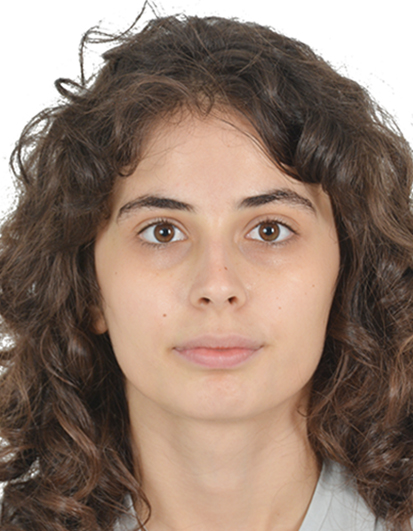
Çağıl Feray DENİZEL
MSc Student
cagil.denizel@std.ibg.edu.tr
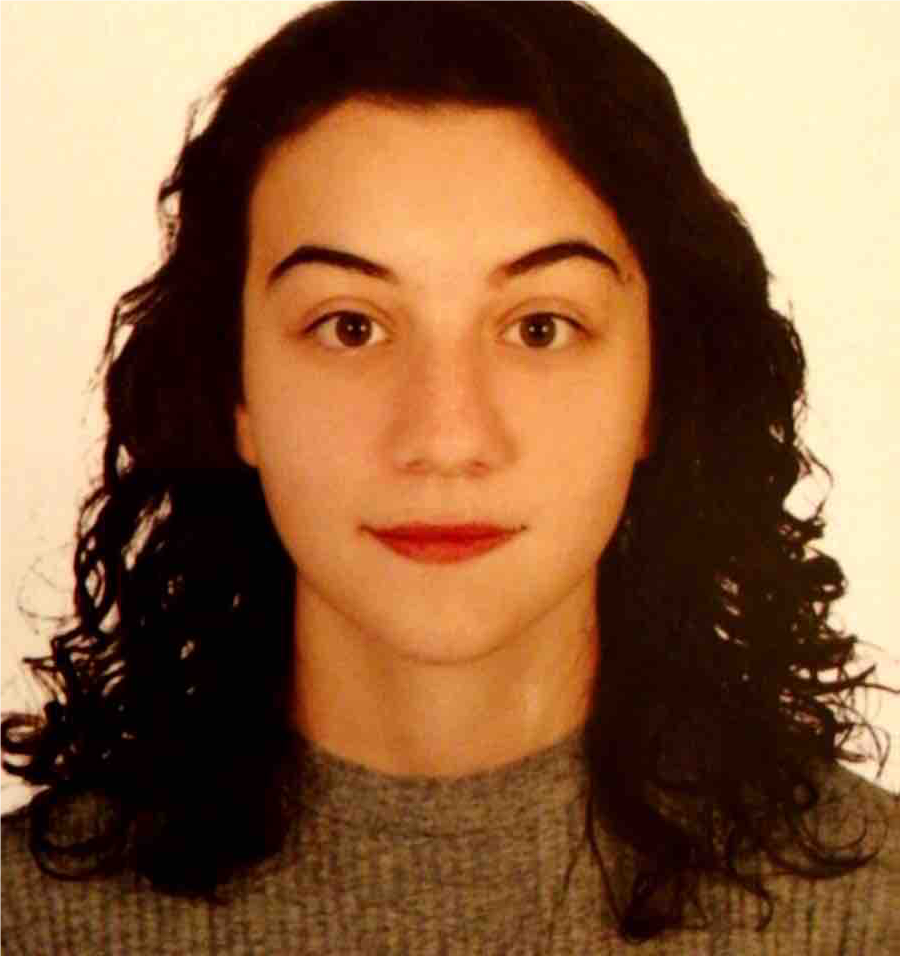
Ilgaz TERZİ
MSc Student
ilgaz.terzi@ibg.edu.tr
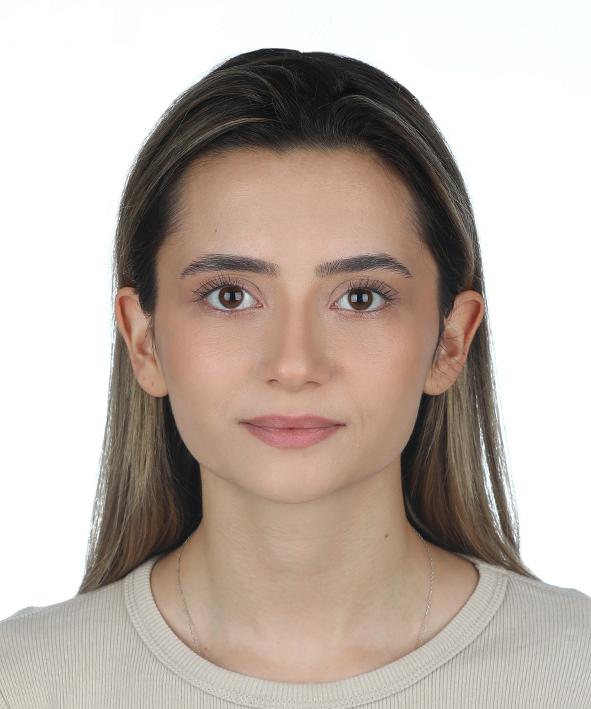
Dora SİĞLİ
Researcher
dora.sigli@std.ibg.edu.tr
Former Members

Gerhard WINGENDER
Research Group Leader
gerhard.wingender@ibg.edu.tr
+90 232 299 41
00
(5191)
0 (232) 299 41 69
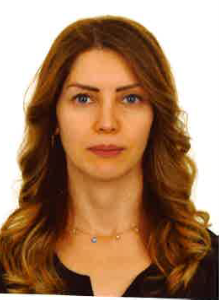
Ceren GÖNCÜ
Executive Assistant
ceren.goncu@ibg.edu.tr
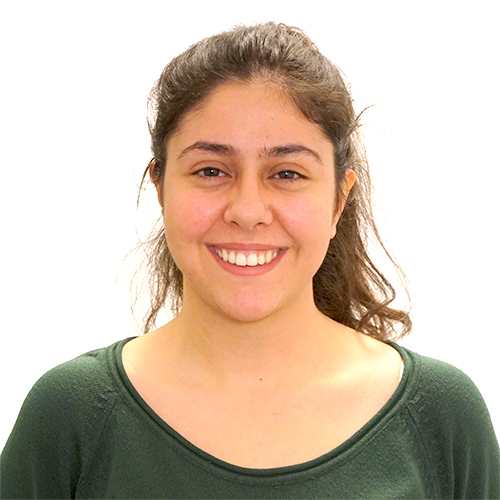
Aylin YAŞAR
MSc Student
aylin.yasar@ibg.edu.tr

Yusuf Cem ESKİOCAK
Researcher
cem.eskiocak@ibg.edu.tr
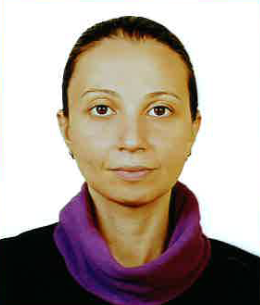
Müge ÖZKAN
PhD Student
muge.ozkan@ibg.edu.tr
0 (232) 299 _ _

Sezgin BAL
MSc Student
sezgin.bal@msfr.ibg.edu.tr

Başak GÜNDÜZ
MSc Student
basak.gunduz@msfr.ibg.edu.tr

Zeynep Özge AYYILDIZ
PhD Student
zeynep.ayyildiz@ibg.edu.tr
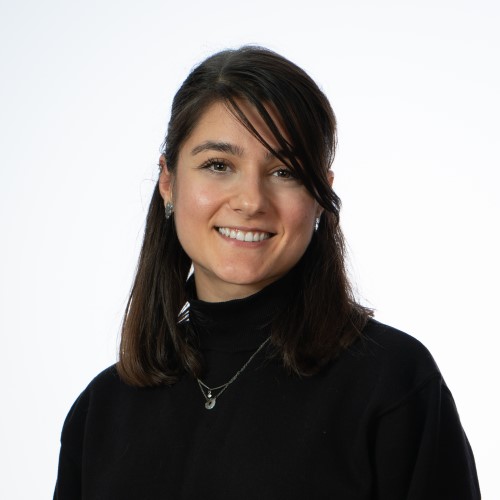
Zeynep TANYOLAÇ
MSc Student
zeynep.tanyolac@msfr.ibg.edu.tr

Jihana ACHOUR
Researcher
jihana.achour@ibg.edu.tr

Zeynep Özge AYYILDIZ
Post-Doc Researcher
zeynep.ayyildiz@ibg.edu.tr

Jihana ACHOUR
Post-Doc Researcher
jihana.achour@ibg.edu.tr

Ilgaz TERZİ
Undergraduate Student
ilgaz.terzi@ibg.edu.tr
Selected Publications
Eskiocak YC, Ayyildiz ZO, Gunalp S, Korkmaz A, Helvaci DG, Dogan Y, Sag D, Wingender G. The Ca2+ concentration impacts the cytokine production of mouse and human lymphoid cells and the polarization of human macrophages in vitro.. PloS one. 2023 February ; 18 (2) : e0282037. doi:10.1371/journal.pone.0282037. Download
Özkan M, Eskiocak YC, Wingender G. Macrophage and dendritic cell subset composition can distinguish endotypes in adjuvant-induced asthma mouse models.. PloS one. 2021 June ; 16 (6) : e0250533. doi:10.1371/journal.pone.0250533. Download
Özkan M, Eskiocak YC, Wingender G. The IL-10GFP (VeRT-X) mouse strain is not suitable for the detection of IL-10 production by granulocytes during lung inflammation.. PloS one. 2021 May ; 16 (5) : e0247895. doi:10.1371/journal.pone.0247895. Download
Sag D, Ayyildiz ZO, Gunalp S, Wingender G. The Role of TRAIL/DRs in the Modulation of Immune Cells and Responses.. Cancers. 2019 September ; 11 (10) : 1469. doi:10.3390/cancers11101469. Download
Hapil FZ, Wingender G. The interaction between invariant Natural Killer T cells and the mucosal microbiota. Immunology. 2018 October ; 155 (2) : 164-175. doi:10.1111/imm.12958. Download
Chandra S, Wingender G, Greenbaum JA, Khurana A, Gholami AM, Ganesan AP, Rosenbach M, Jaffee K, Gern JE, Wood R, O'Connor G, Sandel M, Kattan M, Bacharier L, Togias A, Horner AA, Kronenberg M. Development of asthma in inner-city children: Possible roles of MAIT cells and variation in the home environment. Journal of immunology (Baltimore, Md. : 1950). 2018 March ; 200 (6) : 1995-2003. doi:10.4049/jimmunol.1701525. Download
Duygu Sag, Müge Özkan, Mitchell Kronenberg & Gerhard Wingender. Improved Detection of Cytokines Produced by Invariant NKT Cells. Sci Rep. 2017 November ; 7 (1) : 16607. doi:10.1038/s41598-017-16832-1. Download
Wingender, Gerhard. From the Deep Sea to Everywhere: Environmental Antigens for iNKT Cells. ARCHIVUM IMMUNOLOGIAE ET THERAPIAE EXPERIMENTALIS. 2016 August ; 64 (4) : 291-298. doi:10.1007/s00005-015-0381-7. Download
Wingender G, Sag D, Kronenberg M. NKT10 cells: a novel iNKT cell subset. Oncotarget. 2015 September ; 6 (29) : 26552-26553. doi:10.18632/oncotarget.5270. Download
Wingender, Gerhard; Kronenberg, Mitchell. OMIP-030: Characterization of Human T Cell Subsets via Surface Markers. CYTOMETRY PART A. 2015 December ; 87A (12) : 1067-1069. doi:10.1002/cyto.a.22788. Download
Wingender, Gerhard; Birkholz, Alysia M.; Sag, Duygu; Farber, Elisa; Chitale, Sampada; Howell, Amy R.; Kronenberg, Mitchell. Selective Conditions Are Required for the Induction of Invariant NKT Cell Hyporesponsiveness by Antigenic Stimulation. JOURNAL OF IMMUNOLOGY. 2015 October ; 195 (8) : 3838-3848. doi:10.4049/jimmunol.1500203. Download
Sag D, Krause P, Hedrick CC, Kronenberg M, Wingender G. IL-10-producing NKT10 cells are a distinct regulatory invariant NKT cell subset.. The Journal of clinical investigation. 2014 September ; 124 (9) : 3725-40. doi:10.1172/JCI72308. Download
Wingender G, Stepniak D, Krebs P, Lin L, McBride S, Wei B, Braun J, Mazmanian SK, Kronenberg M. Intestinal microbes affect phenotypes and functions of invariant natural killer T cells in mice.. Gastroenterology. 2012 August ; 143 (2) : 418-28. doi:10.1053/j.gastro.2012.04.017. Download
Wingender G, Rogers P, Batzer G, Lee MS, Bai D, Pei B, Khurana A, Kronenberg M, Horner AA. Invariant NKT cells are required for airway inflammation induced by environmental antigens.. The Journal of experimental medicine. 2011 June ; 208 (6) : 1151-62. doi:10.1084/jem.20102229. Download
Total : 14
Selected Book Chapters
Chapter 7. The role of invariant Natural Killer T cells in autoimmune diseases (2020). The Autoimmune Diseases (6th edition). Elsevier.
Total : 1
Projects
European Union - Infrastructure : RareBoost - Boosting the Rare Disease research and innovation capacity of the Izmir Biomedicine and Genome Center, Ongoing
The Scientific and Technological Research Council of Turkey - TUBITAK - RD : Targeted induction of NKTFH cells in vivo to improve vaccination protocols, Ongoing
The Scientific and Technological Research Council of Turkey - TUBITAK - RD : Functional evaluation of iNKT and gd T cells from the omentum of patients with gastrointestinal cancers, Ongoing
European Union - RD : The role of the non-canonical death receptor signalling in cancer and immune cells, Ongoing
Open Positions
We always consider qualified applications of post-doctoral fellows and prospective graduate students (PhD) with a background in immunology or bioinformatics.
As of November 2023, the laboratory has three (3) open PhD positions on the role of iNKT cells in airway vaccination (funded by a Tubitak 2247 grant). Candidates should have a background in either (A) immunology or (B) bioinformatics / computational biology and demonstrate a strong desire to make major contributions to the understanding of the immune system.
(A) Immunology: The successful candidate will hold an MSc degree in natural science and has 2+ years’ experience or formal training in a laboratory setting. You will have demonstrated experience with cell isolation, cell culture, as well as immunological/molecular biological methods. Experience in one or more of the following areas would be an advantage: immunological methods, including flow cytometry, ELISA, immunofluorescence, and mouse handling. Immunology candidates will be supervised by Dr. Wingender.
(B) Bioinformatics: The successful candidate will hold an MSc degree in computational or natural science and has 2+ years’ experience or formal training in computational biology, bioinformatics, or system biology. You will have demonstrated experience with large biological datasets, including genomics and transcriptomic datasets and biological pathways/network analysis. You will have the desire to work closely and collaboratively with bench scientists to solve complex biological problems. Experience in one or more of the following areas would be an advantage: Linux, R language, scripting, object-oriented programming, and wet-lab experience. Bioinformatic candidates will be co-supervised by Dr. Wingender and Dr. Gokhan Karakulah (the director of IBG’s Bioinformatics Platform, IBG-BIP).
The candidates must be creative in solving experimental challenges. Strong written and oral communication skills in English, with the ability to explain your research findings to non-experts, are essential.
The application should include:
(a) A letter of motivation explaining why you are interested in the position and why you think you are a good fit. Please include the names and contact details (with Email) of 2-3 academic references.
(b) A detailed CV that documents education, achievements, and previous employment. Please outline your relevant previous experiences and your contribution to previous projects and laboratories. The publication list should include a brief description of your contribution to your most important papers.
(c) Other relevant documentation you wish to include in support of your application.
For additional information and for the application please contact Gerhard Wingender (Email: gerhard.wingender@ibg.edu.tr).
Awards
- Above-Threshold Award by TUBITAK, 2017
- Installation Grant by EMBO, 2015
Academic Memberships
- American Association of Immunologists (AAI), 2010
- European Association for Cancer Research (EACR), 2017
- German Society for Immunology (DGfI), 2001
- Society for Mucosal Immunology (SMI), 2017
- Turkish Association for Molecular Cancer Research (MOKAD), 2017
- Turkish Society of Immunology (TSI), 2016
- International Society for Advancement of Cytometry (ISAC), 2020
Contact

Wingender Lab. on Mucosal Immunology
Research Group Leader
Gerhard WINGENDER
gerhard.wingender@ibg.edu.tr
+90 232 299 41 00
(5191)
+9
0 (232) 299 41 69